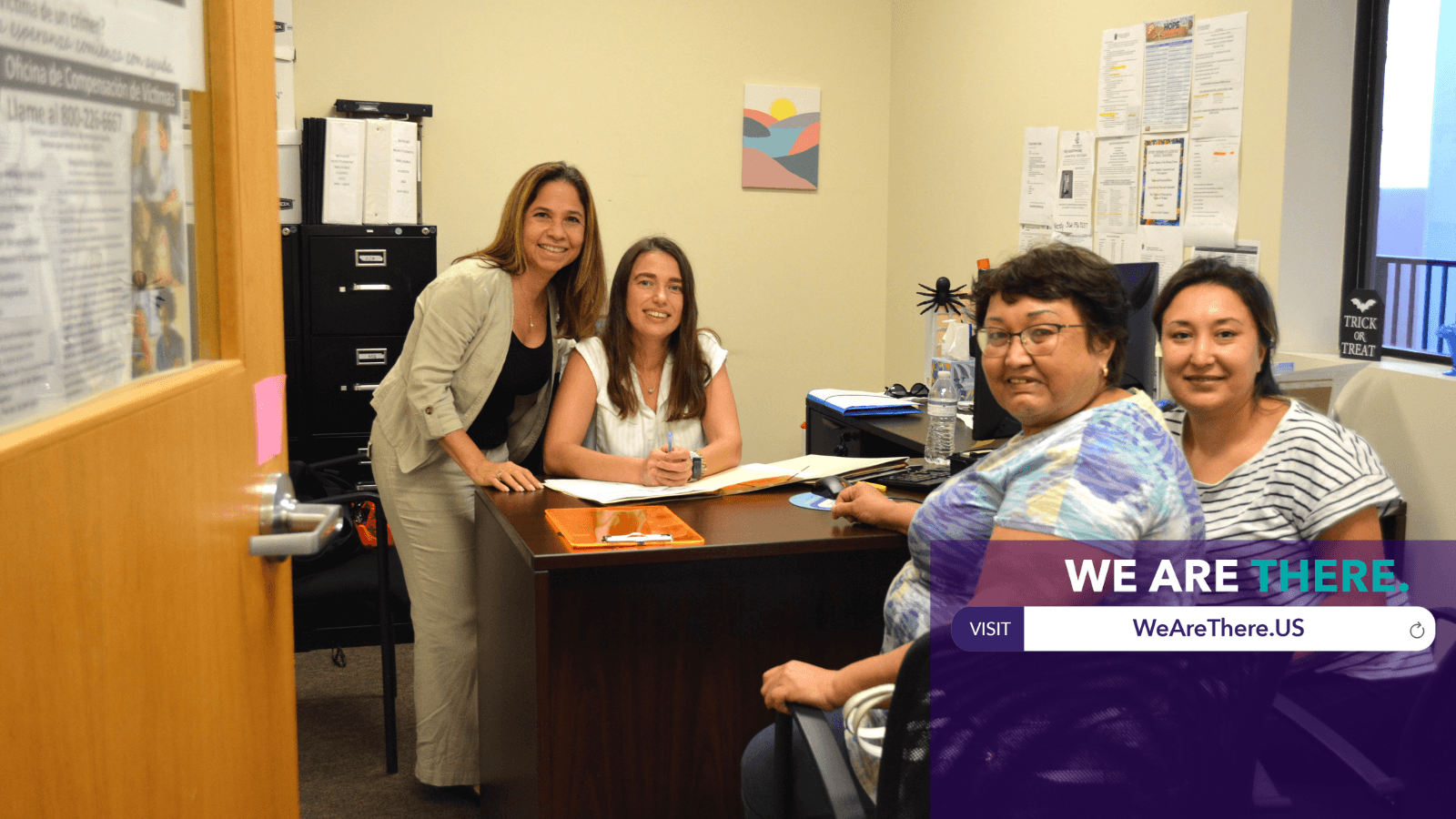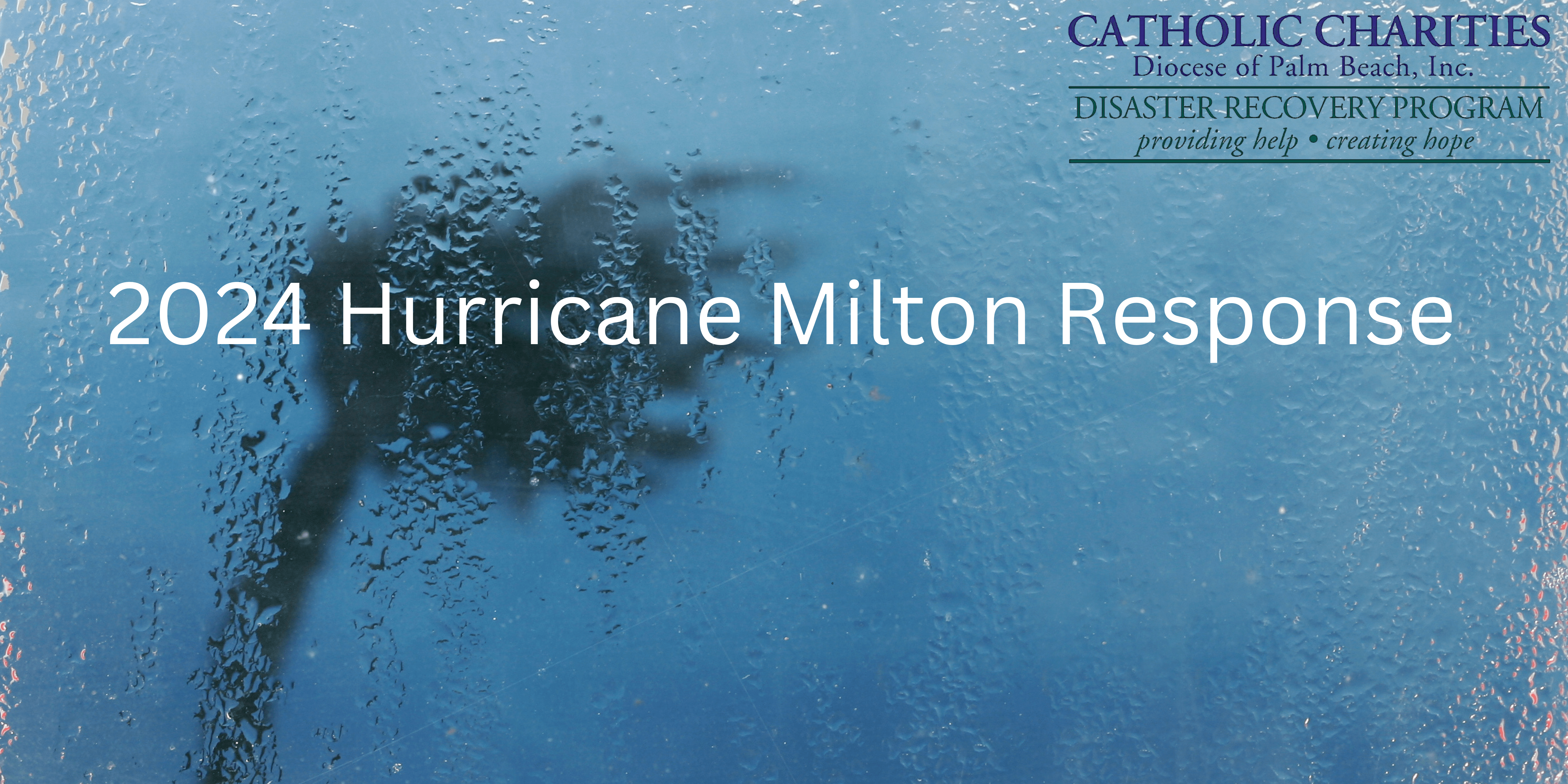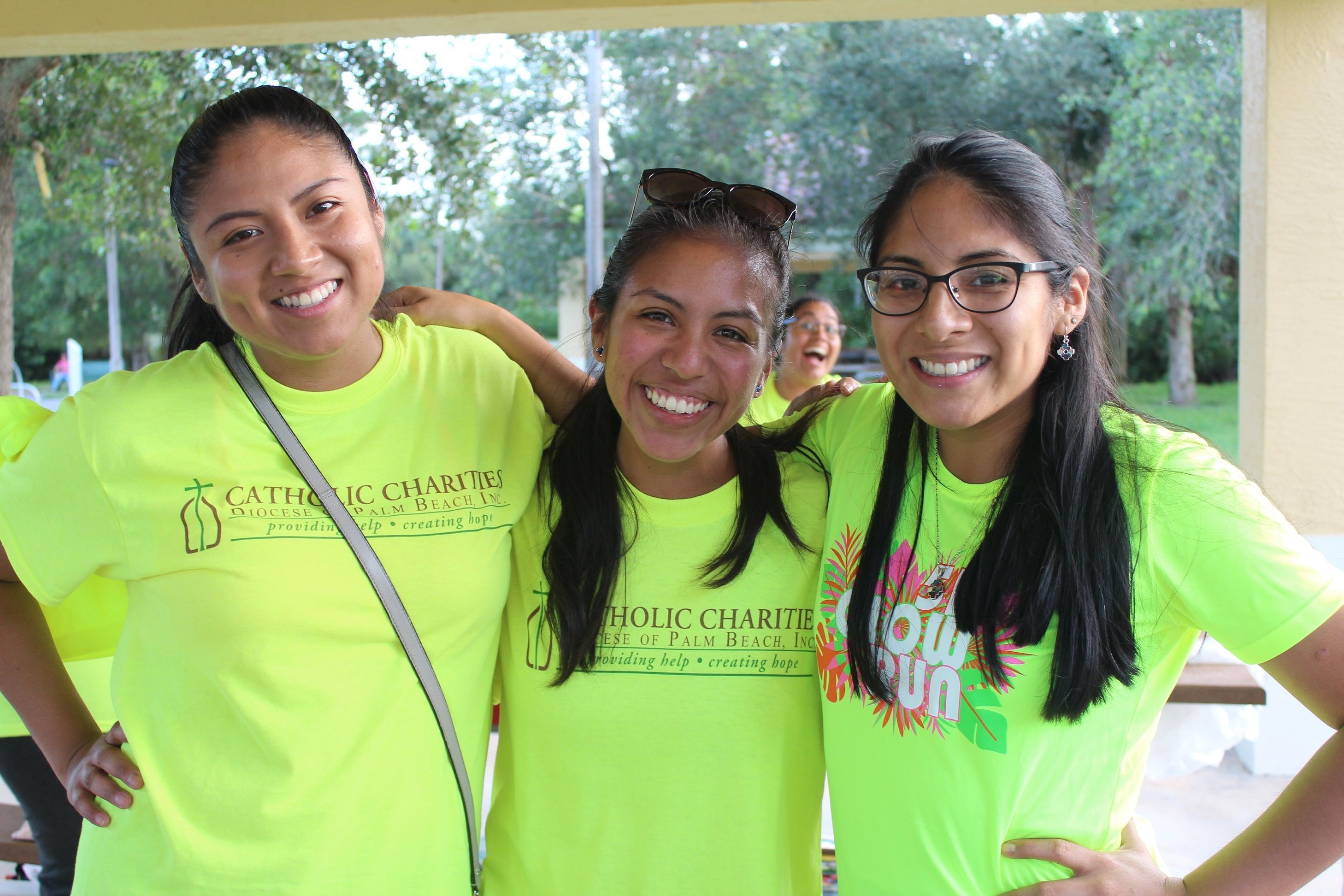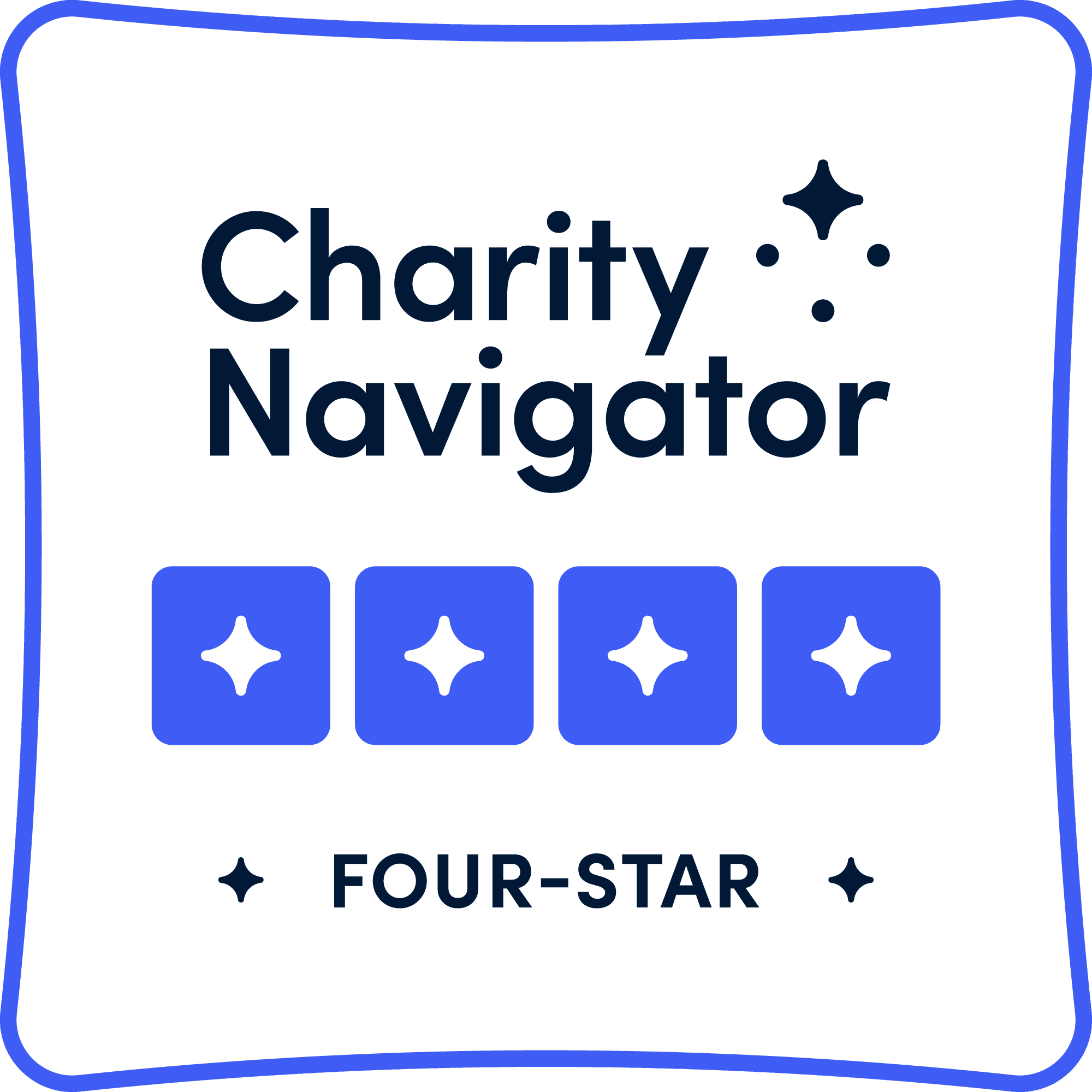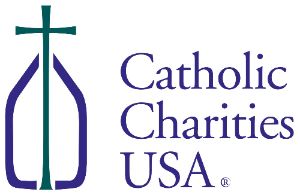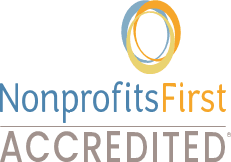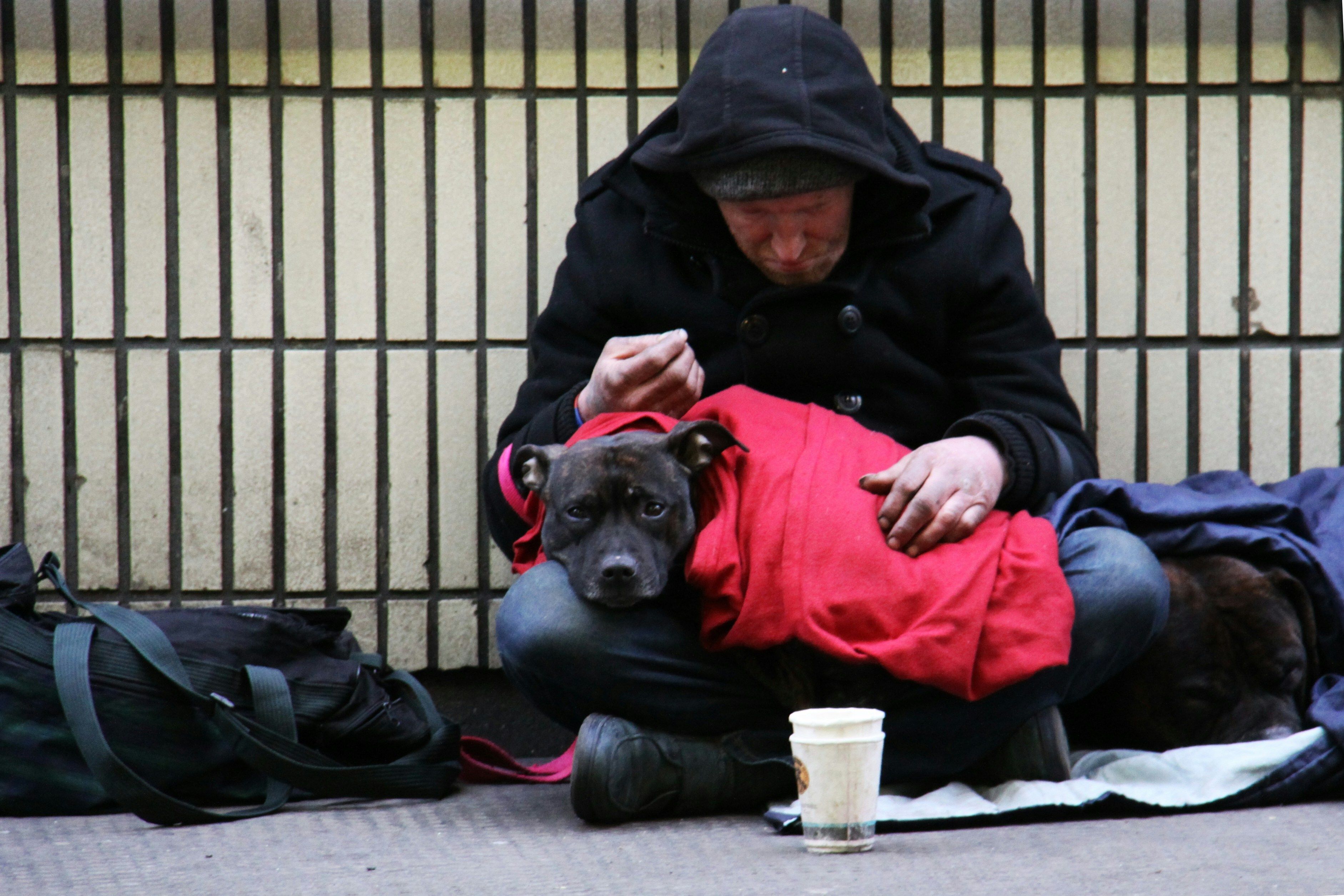
Florida's new homelessness law, Statute 1365, went into effect on October 1, 2024 and makes it illegal to sleep or camp on public property in the state. The law requires local governments to provide temporary housing and treatment services for those in need.
Catholic Charities of the Diocese of Palm Beach has been actively involved in advocacy and collaboration with local partners to ensure comprehensive support and resource sharing, enhancing the effectiveness of the law. Leaders through our Hunger Homeless Outreach Program are actively working with Faith In Action PBC, a group that was started in 2018 by the then CEO of Holy Ground, Janet Kranich, and Family Promise of North Palm Beach County. The premise of this group is faith-based organizations coming together to be the voice of those who need to be heard regarding issues such as homelessness, lack of affordable housing in Palm Beach County, and the need to address mental health issues, amongst others. Now this group of community leaders and organizations empowering the interfaith community joins the fight for safe and affordable housing.
As a member of the Continuum of Care, our Hunger Homeless Outreach program works with partner agencies doing advocacy by attending chamber meetings with County Commissioners, the mayor and decision makers. The group has the support of the Palm Beach County Director of the Division of Human Services Department.
As of January 1st, 2025, any business owner, whose business is being affected by homeless individuals loitering outside their business will be able to sue the County. Although some affordable housing units and cottages are being built, they are far from being enough to house homeless individuals, to include seniors, and families who are experiencing homelessness for the first time in their lives. This rise in homelessness is due to not being able to afford increased rent rates upon lease renewals, or because they experienced a situational emergency and were unable to pay rent and got evicted.
Faith In Action held an interfaith convocation on October 23rd where five points were discussed:
- SMART Landlord Program/House Sharing
- Safe Parking
- Use of church property for housing – temporary and/or affordable housing
- Use of church property for Day Center for the unhoused (St Anne Place model)
- Use of church property for Shower/Laundry trucks
Catholic Charities provides homelessness prevention services through our Hunger Homeless Outreach (HHO) Program, through the provision of rent, mortgage, or utility assistance for individuals and families facing a temporary financial crisis putting them at risk of homelessness. Eligibility criteria for individuals/households requesting rent/mortgage services is as follows: every participating household must document a temporary economic crisis beyond its control; demonstrate an ability to meet the prospective rental obligations after the assistance is provided, based on current or anticipated income; and participate in the formation of a budget demonstrating the ability to meet their obligations.
Catholic Charities has been on the forefront of assisting the homeless and prevention of homelessness since our founding in 1984. Through our Samaritan Center in Vero Beach, we provide transitional housing to homeless families in Indian River County and prepare them to live independently. The average length of stay is 6-9 months. During their stay, the Samaritan Center partners with resident families to provide a nurturing environment, safe housing, case management, support/educational services, and connection to community resources. Our residents are responsible to do the work leading to independence and self-sufficiency. Families must obtain employment and open a bank account and save 75% of their earnings per the financial stability contract. Required educational opportunities are offered to help residents gain independent living skills. Topics include positive parenting techniques, financial management/ budgeting, health and safety, conflict resolution, and household management. The Samaritan Center is guided by a service philosophy that values client choice and promotes resident's integration into the community, as evidenced by our success rate of 90% clients living independent 6 months after exiting the program at Level III or higher. We have begun early planning and funding research on a potential expansion of the Samaritan Center, with the building of more independent living apartments on the property.
By combining immediate assistance with long-term strategies, Catholic Charities is playing a vital role in collaboration with partners to implement the new law and support those in need in Florida.

